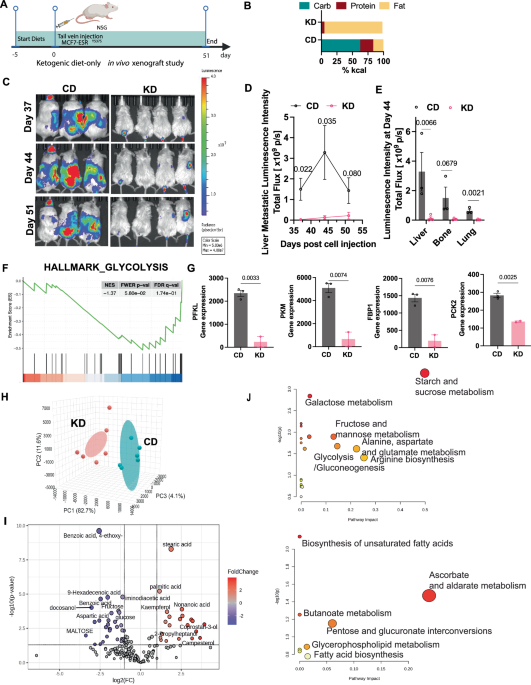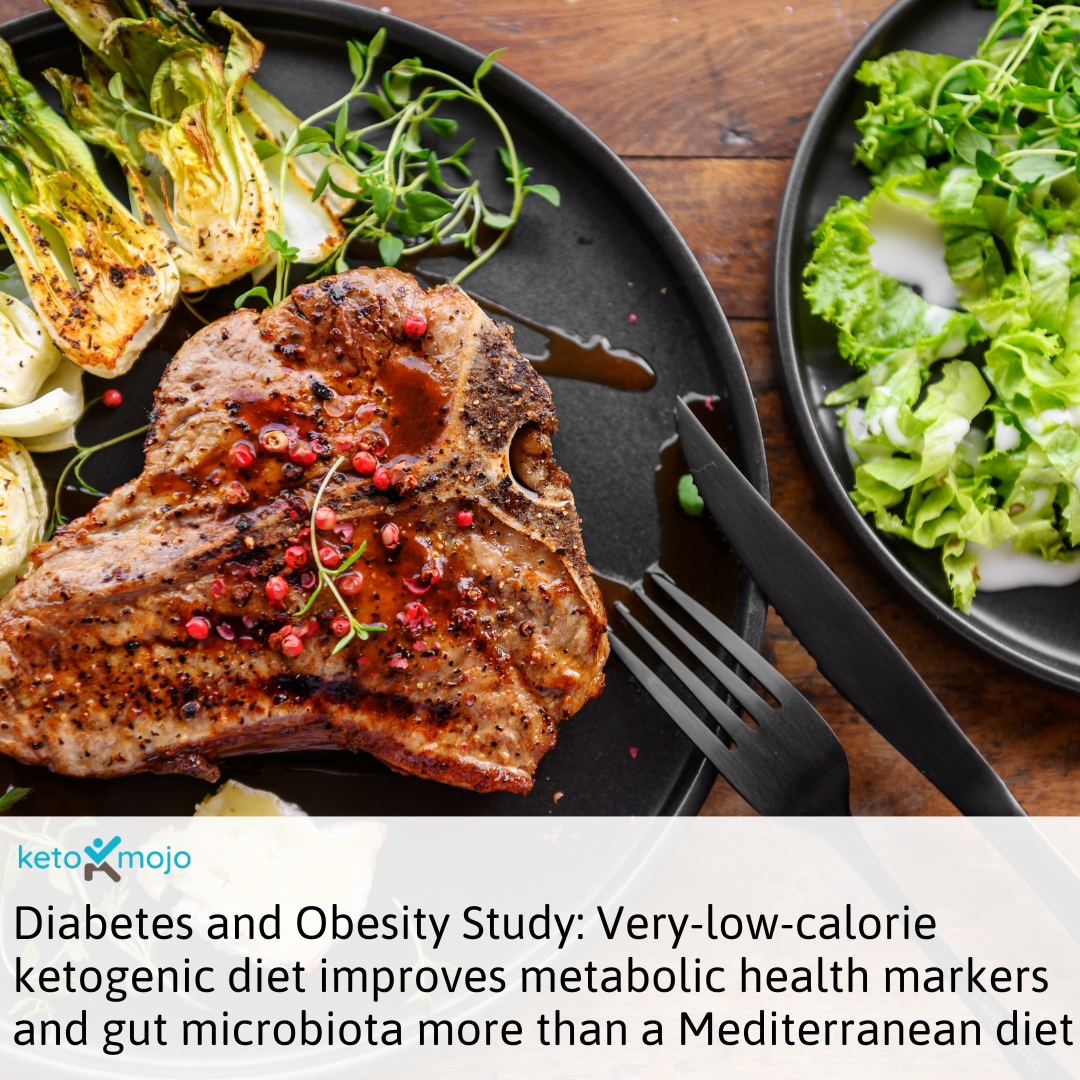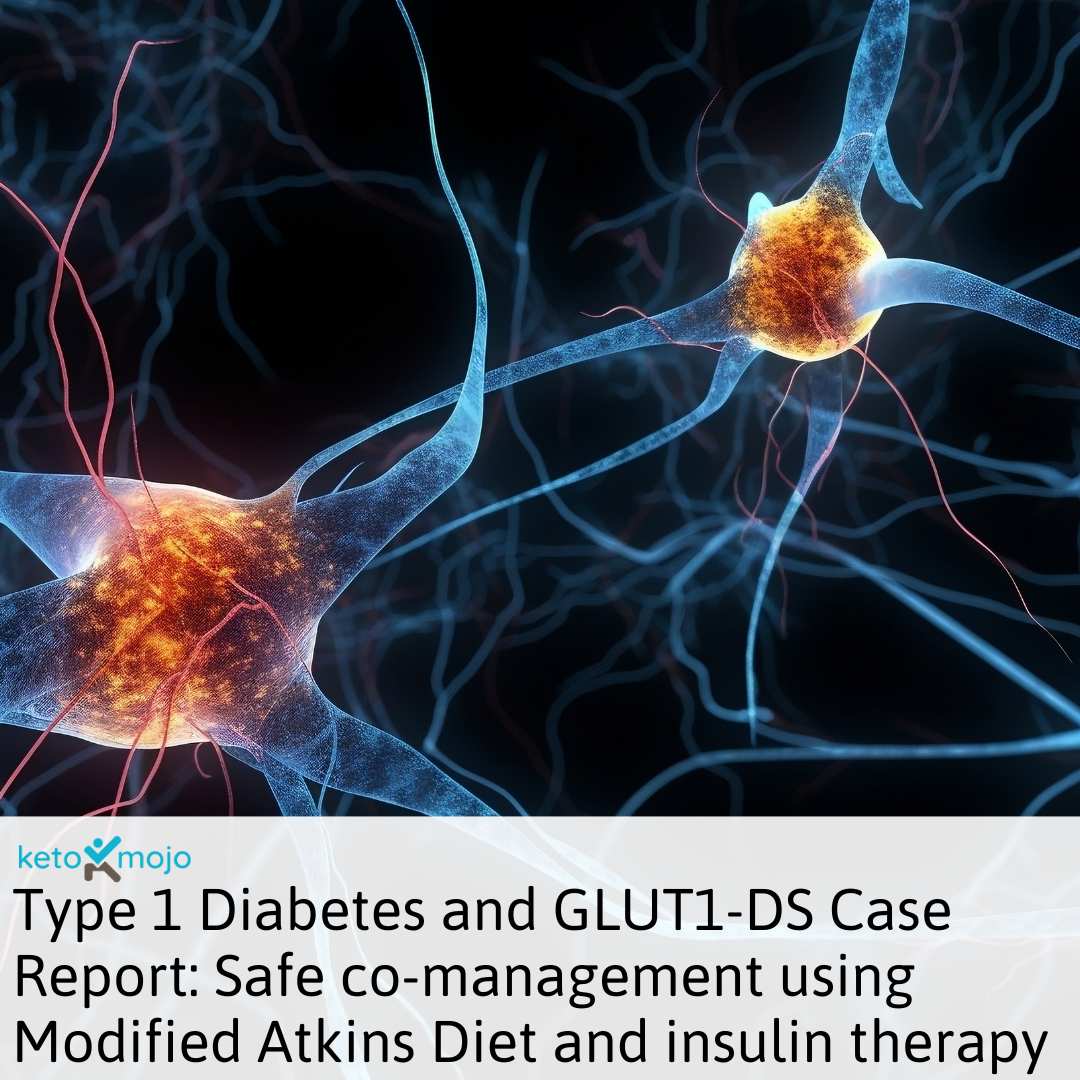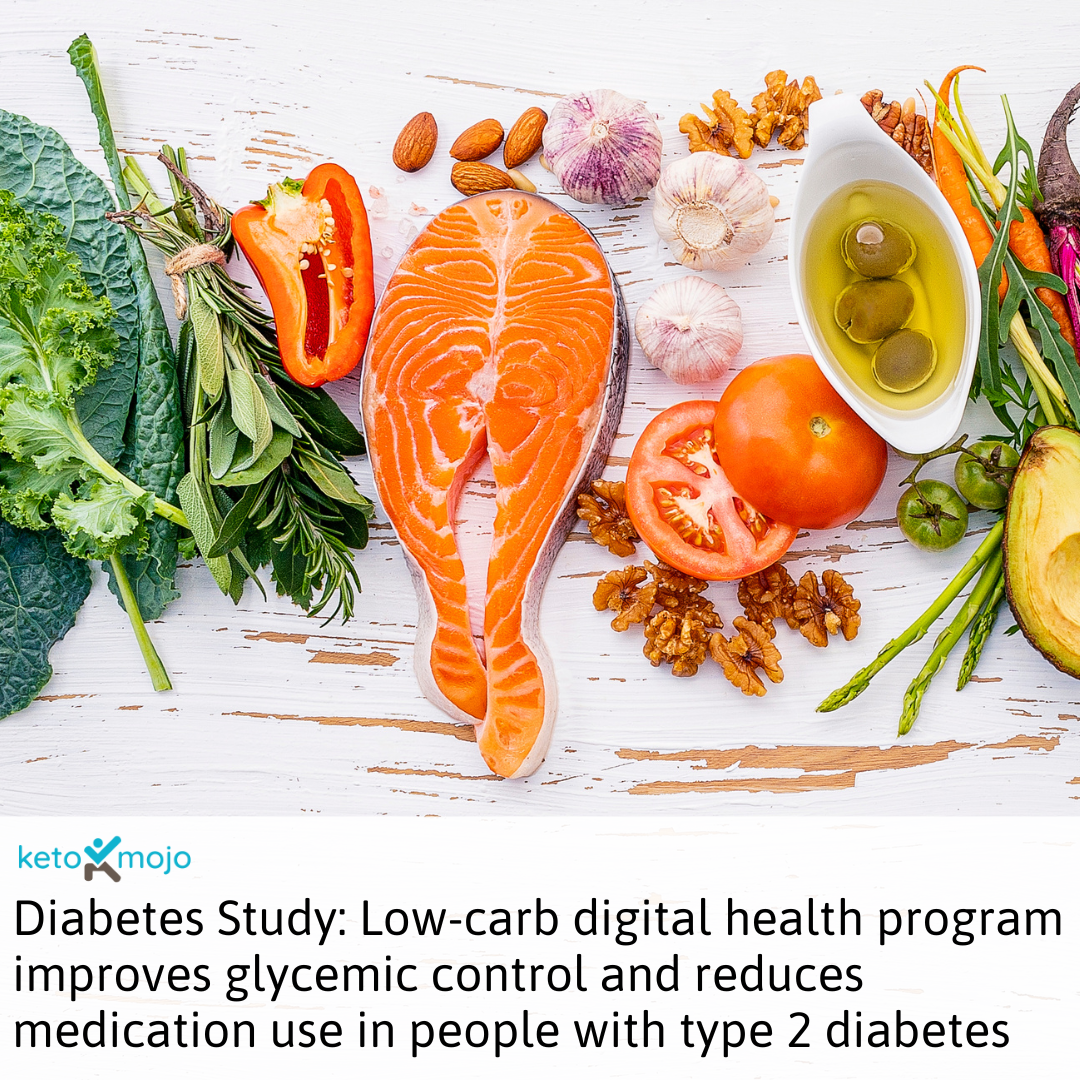Endocrine
Co-targeting of metabolism using dietary and pharmacologic approaches reduces breast cancer metastatic burden
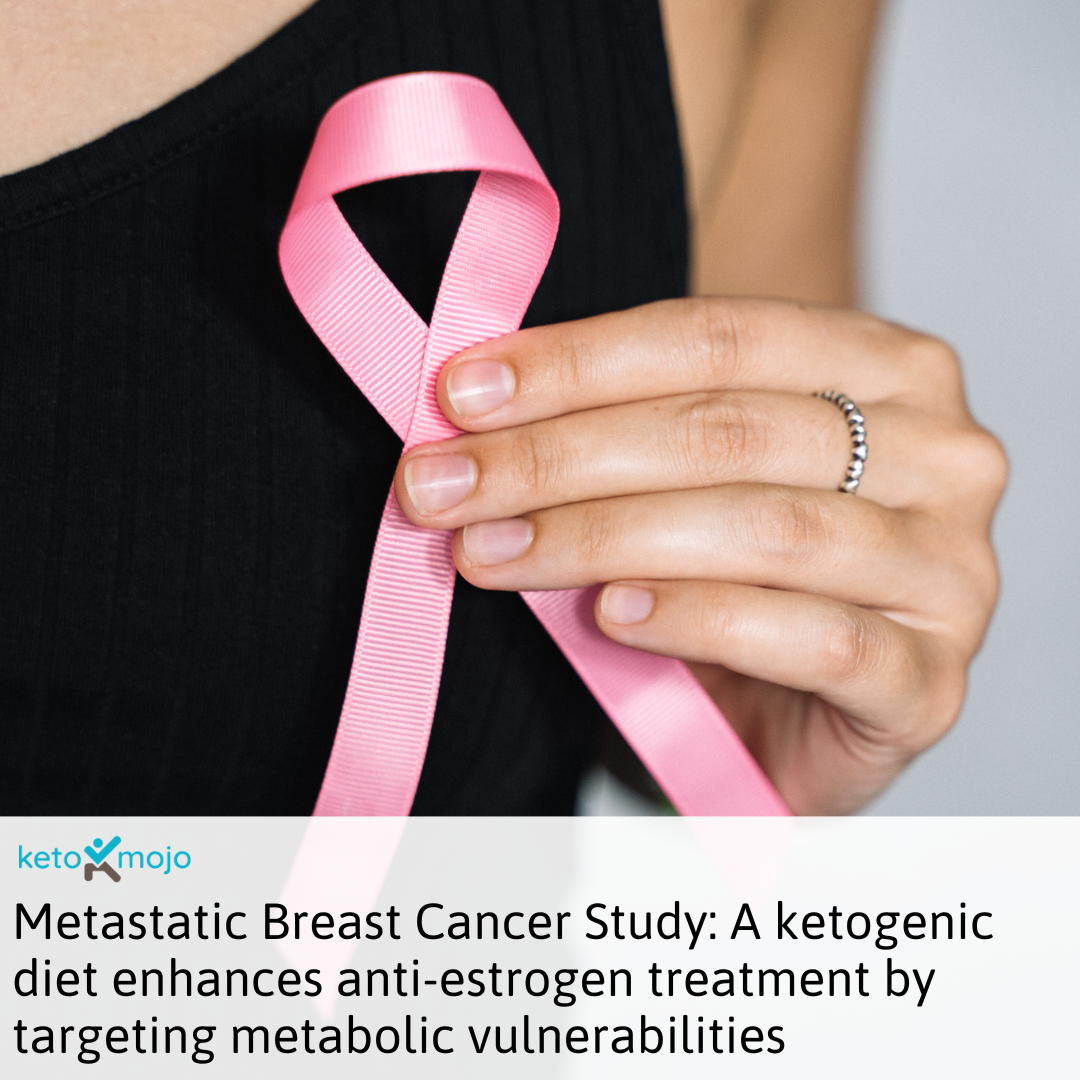
Metastatic breast cancer reduces patients’ survival and quality of life. Fulvestrant (Fulv), an estrogen receptor (ER) antagonist, is used for ER-positive metastatic breast cancer, but its effectiveness varies.
Liver metastases depend on glucose metabolism and glycogen storage, making them a target for metabolic interventions. Previous research suggests that a ketogenic diet (KD) may enhance Fulv response in these tumors. This study explored the underlying mechanisms.
In vitro and in vivo (mouse) models were used to investigate the effect of the combination of Fulv plus KD on tumor metabolism, ketogenesis, and metastatic burden. Molecular analyses monitored changes in glucose and lipid metabolism, β-hydroxybutyrate (BHB) accumulation, and the role of OXCT1, a key ketone metabolism enzyme, in metastasis progression.
Key Findings
- Metabolic shift in tumors – KD altered tumor metabolism, reducing glucose use while preserving alternative energy pathways.
- Increased Fulv efficacy – KD enhanced Fulv’s ability to reduce metastatic burden.
- BHB accumulation – Fulv suppressed OXCT1, leading to higher BHB levels that reduced tumor growth.
- OXCT1 as a metabolic marker – High OXCT1 expression was linked to worse outcomes in ER+ breast cancer metastases.
Conclusion
A ketogenic diet may enhance the ability of anti-estrogen interventions to slow metastatic breast cancer by exploiting metabolic weaknesses in tumor cells. These findings support further research into combining dietary and drug-based therapies to improve treatment outcomes.
